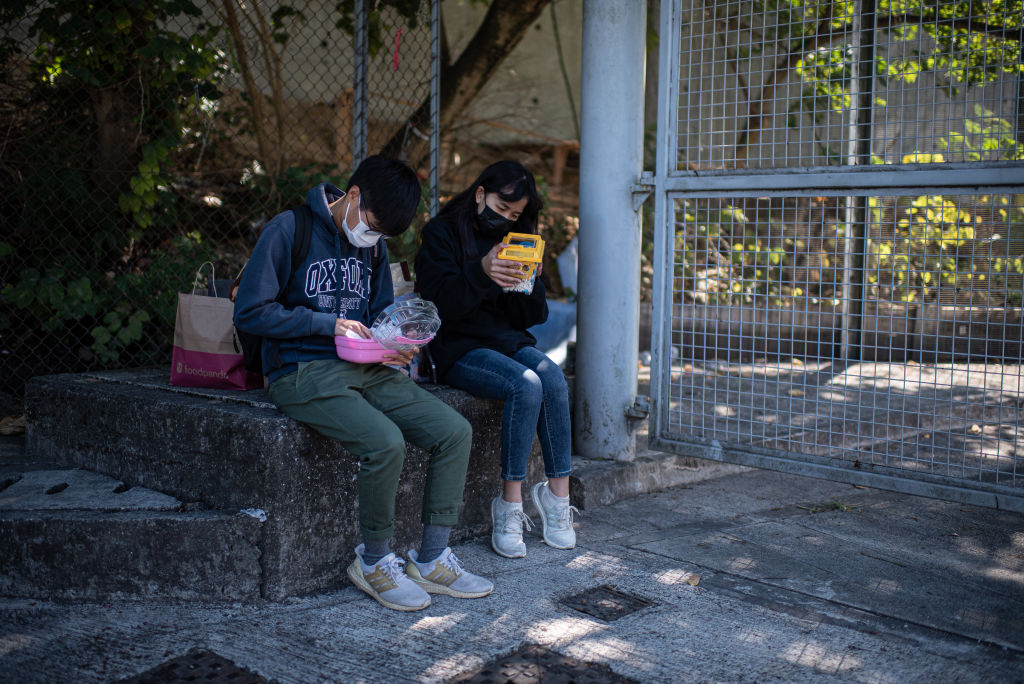The animal lovers of Hong Kong are fighting back against a governmental plan to kill approximately 2,000 hamsters and other small animals.

Fed up with what are sometimes criticized as illogical and punitive pandemic measures, pet lovers have launched a number of clandestine operations to save the animals from the cull.
It all started on Tuesday, when health officials announced that 11 hamsters at the Little Boss pet store had shown traces of COVID-19 after a 23-year-old staff member tested positive for the Delta variant.
As a precautionary measure, customers who purchased hamsters from the store after Jan. 7 will be traced and be subject to mandatory quarantine and must hand over their hamsters to authorities to be put down, officials said.
The same officials ordered that 2,000 hamsters must be euthanized, including any pets bought since Dec. 22, and “strongly recommended” that hamster owners turn in their pets.
Soon after, health workers in hazmat suits were seen walking out of pet shops around the city carrying red plastic bags into their vans, reports Reuters. Some of the pet store’s customers were also sent into quarantine.
Officials said it may be an example of animal-to-human COVID transmission, although there is no clear evidence that animals can spread the virus to humans.

Get daily National news
Health Secretary Sophia Chan said on Tuesday she could not rule out any transmission possibilities and therefore the government could take no chances.
Meanwhile, social media groups have formed, with thousands of people volunteering to take the unwanted pets, encouraging fearful owners to rehome their rodents rather than have them killed.
Ocean, 29, a hamster owner and the administrator of ‘Hong Kong the Cute Hamster Group’ on the Telegram social media app, told Reuters the group was contacted by almost 3,000 people willing to take care of unwanted animals temporarily.
Three young owners were pressured by their families to get rid of their hamsters even though they all owned them for more than half a year, said Ocean, who declined to give her last name fearing angry reactions from those who support the cull.
“Many pet owners are unfamiliar with the exact risks and give up their hamsters,” she said.
According to The Washington Post, thousands of people have also signed a petition calling for the cull to be cancelled, while others have offered to fake backdated receipts to dates before the Dec. 22 deadline for pet ownership.
“A pet is an owner’s best friend, and due to the government’s orders, thousands of people could unjustifiably lose their dearest companions,” the petition says.
Since the beginning of the pandemic, Hong Kong has maintained a “COVID-zero” strategy, meaning pandemic restrictions come quickly and often with no notice.
The BBC reports that a Hong Kong “hamster hotline” has been set up, and a ban on the import and sale of hamsters and other small mammals will also be enacted.
— with a file from Reuters














Comments
Want to discuss? Please read our Commenting Policy first.